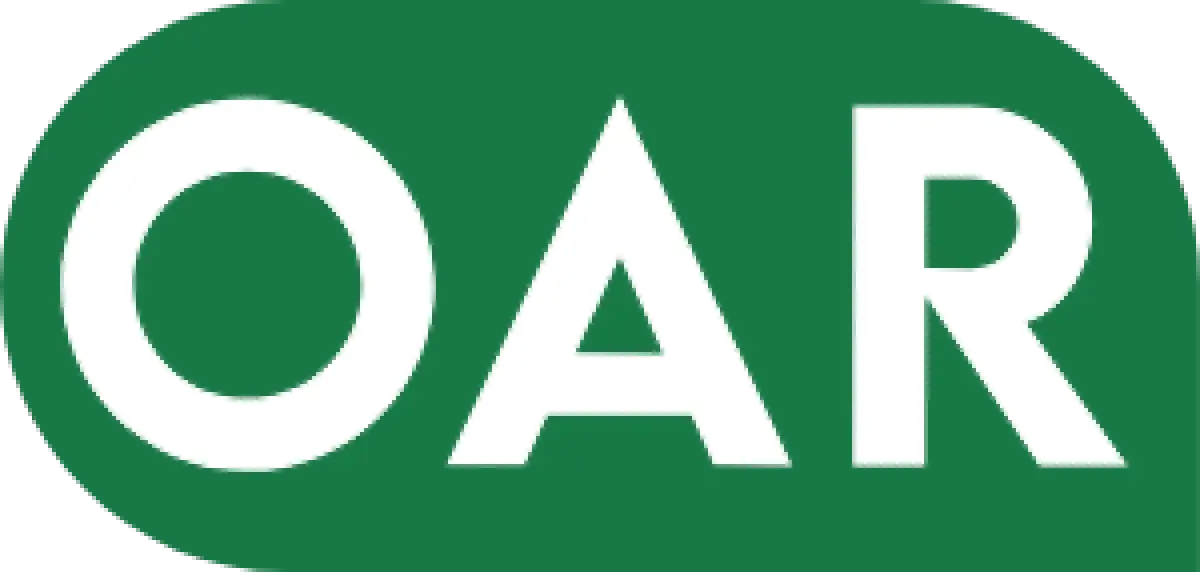Consequences of Inefficient Accounts Receivable Management
Mar 14, 2024

However, when this process falters or becomes inefficient, the consequences reverberate across various financial aspects, from delayed cash inflows to strained customer relationships.
By understanding and addressing these consequences, businesses can navigate towards enhanced financial stability and operational resilience.
Read further as we delve into the ramifications of ineffective accounts receivable management, uncovering various setbacks that businesses may encounter.
Cash Flow Problems
When customer payments are delayed or go uncollected due to inefficient AR practices, it disrupts the inflow of cash essential for day-to-day operations. This delay in cash receipts can lead to liquidity shortages, hindering the organization's ability to meet immediate financial obligations such as payroll, rent, and supplier payments.
Persistent delays in receivables collection can exacerbate cash flow problems, affecting the company's overall financial stability and operational efficiency. Inefficient AR management can result in increased bad business debt losses, as outstanding invoices become more challenging to recover over time. This, in turn, further strains the company's cash reserves and hampers its ability to invest in growth initiatives or navigate unforeseen financial challenges.
Addressing inefficiencies in accounts receivable management is imperative to mitigate cash flow problems and sustain financial health and vitality.
Loss of Revenue
Inefficient accounts receivable management can result in a significant loss of revenue for businesses. When invoices are not promptly sent out or followed up on, customer payments can be delayed, leading to disruptions in cash flow. Late payments and outstanding debts can accumulate, causing a strain on the business's financial resources.
Ineffective credit control measures may increase bad debt write-offs, further exacerbating revenue losses. Customer dissatisfaction due to billing errors or delays in resolving payment issues can also lead to lost opportunities for repeat business and referrals. The administrative costs associated with chasing overdue payments and managing disputes add to the overall financial burden.
Ultimately, the cumulative effect of these inefficiencies can severely impact the bottom line, hindering the business's growth and profitability. Implementing efficient accounts receivable management practices is essential to mitigate these risks and ensure steady revenue streams.
Unpaid Days Sales Outstanding (DSO) Growth
Unpaid Days Sales Outstanding (DSO) growth is a significant consequence of inefficient accounts receivable management, posing serious challenges to a company's financial health. Inefficient AR processes often lead to delays in invoice payments, increasing DSO.
This extended DSO reflects the average number of days it takes for a company to collect payment after a sale has been made. As DSO grows, so does the financial strain on the business, affecting cash flow and liquidity. An elevated DSO indicates that a company is not effectively converting sales into cash, potentially leading to working capital shortages and hindering investment opportunities.
A high DSO can strain relationships with suppliers and creditors, as delayed payments may lead to strained partnerships and increased borrowing costs. It also may signal underlying issues within the company's AR processes, such as ineffective credit policies, poor invoice management, or lax collection procedures.
Contact Our Expert Team to Reduce Your DSO
Increased Bad Business Debt
When invoices are not promptly issued or followed up, outstanding payments accumulate, increasing the risk of non-payment or late payments. This delay in receiving payments can result in cash flow disruptions and liquidity issues for the business.
Ineffective credit control measures may fail to identify high-risk customers or monitor overdue accounts adequately, exacerbating the problem. Consequently, bad debt losses escalate, impacting profitability and hindering business growth opportunities. Businesses must prioritize efficient accounts receivable management practices, including timely invoicing, proactive credit control, and robust debt recovery strategies.
Failure to address these inefficiencies can perpetuate the cycle of bad debt accumulation, undermining the business's financial health and sustainability.
Contact OAR to Decrease Bad Late Payments Risks
Strained Customer Relationships
When payments are delayed or mishandled, customers may perceive the business as unreliable or unprofessional, leading to frustration and dissatisfaction. Late payment reminders and persistent follow-ups due to inefficient AR processes can irritate customers, tarnishing the business's reputation.
As a result, errors in invoicing can erode trust and credibility, souring the relationship further. Inconsistent or unclear communication regarding payment terms and overdue invoices may also create customer confusion and frustration, damaging the business relationship.
Ultimately, strained customer relationships can result in lost business opportunities, as dissatisfied customers may seek alternative providers with more efficient billing and payment processes.
Increased Operational Costs
When AR processes are not optimized, companies often encounter delays in receiving payments from customers, resulting in the need for additional resources to manage collections and resolve payment issues.
This may include hiring more staff to follow up on overdue invoices, investing in technology for better tracking and managing receivables, and outsourcing debt collection to third-party agencies, all of which incur additional expenses.
The lack of streamlined AR processes can lead to errors and inefficiencies, further exacerbating operational costs through time wasted on manual reconciliations and corrections.
Legal and Compliance Risks
Late or inaccurate invoicing, failure to adhere to contractual payment terms, and inadequate documentation can lead to disputes and legal challenges. Non-compliance with regulations such or accounting standards may result in penalties and damage the company's credibility. Ineffective credit control measures can lead to breaches of credit agreements, resulting in legal action by creditors.
Failure to maintain accurate records and timely reporting may also trigger audits and investigations by regulatory authorities, further exacerbating legal risks. The inability to reduce these risks can have far-reaching consequences, including financial losses, reputational damage, and even legal liabilities for the business.
How OAR Can Help You Effectively Manage Accounts Receivable
Outsourcing accounts receivables offers numerous benefits to businesses seeking to streamline their financial processes and enhance efficiency. By entrusting this critical function to specialized agencies, companies can leverage their expertise and resources to improve cash flow management and reduce operational costs. It can lead to faster invoice processing and payment collections, resulting in improved liquidity and financial stability for businesses.
Outsourcing AR allows businesses to tap into the industry’s best practices without substantial investments in infrastructure or training. It lets businesses focus on their core competencies and strategic objectives, freeing up valuable time and resources. An expert accounts receivable agency employs dedicated teams with specialized skills in credit management, debt collection, and customer communication, ensuring a professional and tailored approach.
In essence, outsourcing accounts receivables presents a cost-effective and strategic solution for businesses aiming to optimize their financial operations and drive sustainable growth.
 Author: Giles Goodman, Commercial Intervention Officer OAR
Author: Giles Goodman, Commercial Intervention Officer OAR
Giles Goodman is the definitive expert in cross-border commercial debt collection, mediation, legal recovery, and accounts receivable. Based in London, his 25 years of experience provide a global perspective on preventing defaults and efficiently managing overdue accounts. Giles’s insights and analyses empower business owners worldwide with strategic approaches to financial management and recovery.

Take control of your cash flow.
Streamline Vendor Onboarding & Boost Payments Worldwide.
Contact Us
OAR | Copyright 2025


